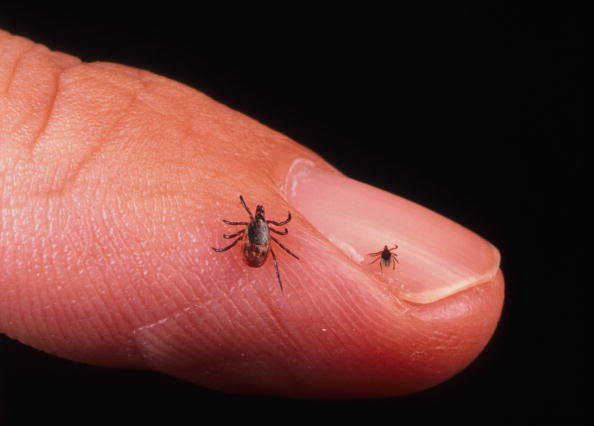
A child has five times the risk of dying from the tick-borne disease Rocky Mountain spotted fever, but doctors may not be using the best antibiotic against it when they treat children, according to the Centers for Disease Control and Prevention. Doxycycline can cause adult teeth to become permanently stained and weakened when it is used in children under age 8. This may be keeping doctors from using it even though it is the most effective drug.
However, a new study has found that short courses of doxycycline can be used in young children without risking staining or weakened tooth enamel. Researchers at the CDC and the Indian Health Service looked at medical records for more than 250 children who lived on an American Indian reservation where spotted fever was common. Dentists examined the teeth of both children who had been given doxycycline and those who hadn't to look for tooth staining and weak enamel. They found no difference in terms of staining, enamel formation, or tooth color.
Doxycyline is one of the tetracycline class of antibiotics. This class of drugs was once widely used in children until it was learned that they could cause staining and weakened tooth enamel in permanent teeth. Since 1970, all tetracycline class antibiotics have carried a warning advising against their use in children who are still forming their permanent teeth.
Doctors often must start to treat a suspected case of Rocky Mountain spotted fever before the diagnosis is confirmed. They will usually treat suspected cases in adults with doxycycline, but avoid using it in children because of the warning on tooth staining. CDC recommends starting doxycycline treatment for children and adults as soon as a doctor suspects RMSF or similar tick-borne infections. Delaying treatment after the start of the infection increases the patient's risk of hospitalization and death.
The study was published in The Journal of Pediatrics and can be read at http://www.jpeds.com/article/S0022-3476(15)00135-3/fulltext.
